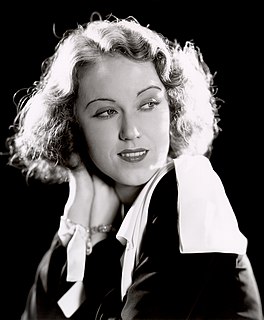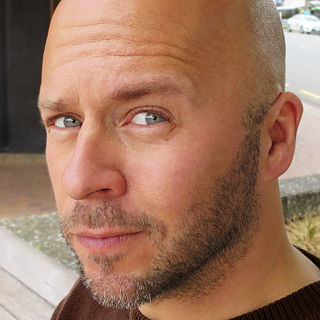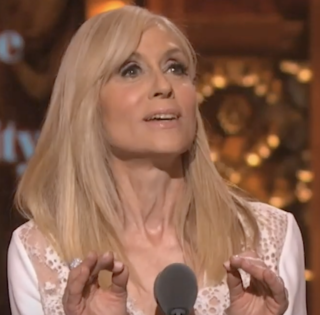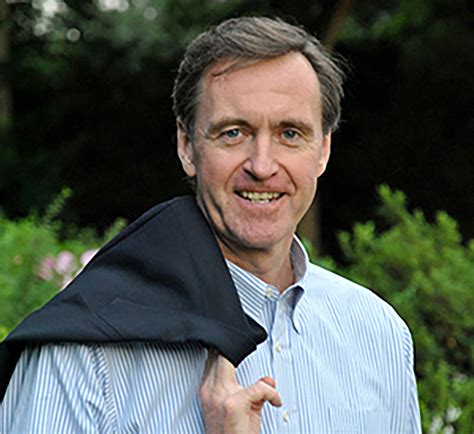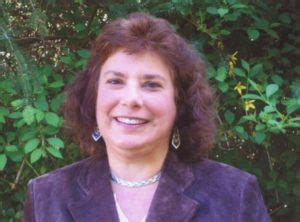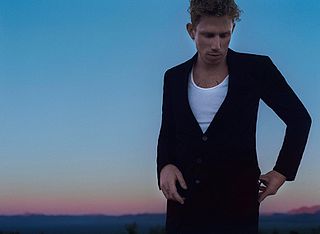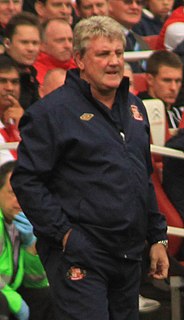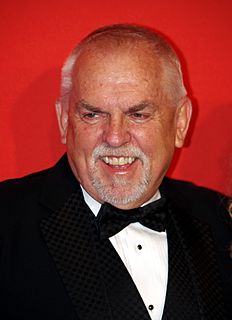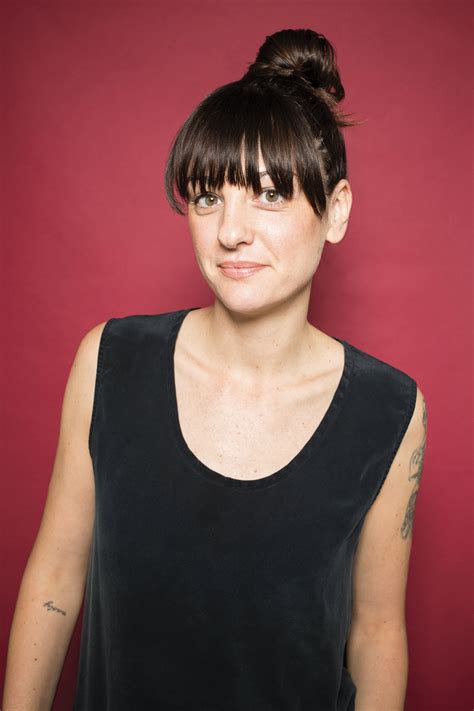A Quote by Fay Wray
I went to Washington to ask for a little residual payment for the people who had written films in the early, early days, people who never got any residuals on tapes or anything at all.
Related Quotes
It's one of the disadvantages of succeeding early. I missed simple things like having a driver's license. I think everyone has one. For so many people, a license is an obligation, but it wasn't for me. Licenses are often synonymous with autonomy, but I had my autonomy so early that I've had drivers at my disposal. It was never a priority.
The church is like any large corporation in one respect. In its early days, either the early church or the early years of Microsoft, you see all kinds of creativity, innovation, invention, people have nothing to lose, they're trying to find what works. Then you wake up and you're a vast enterprise, and it's very hard, when you have all kinds of buildings and structures and hierarchy and so on, to hang on to these very creative impulses that helped you get your great success in the first place. As a church we're going to have to figure a way out from under this.
My filmmaking style of remixing came out of necessity. When I was a film theory student at UC Berkeley in the early 1990s, there were no film production facilities. The only way I learned to tell stories on film was by re-cutting and splicing together celluloid of old movies, early animated films, home films, sound slug - anything I could get my hands on.
